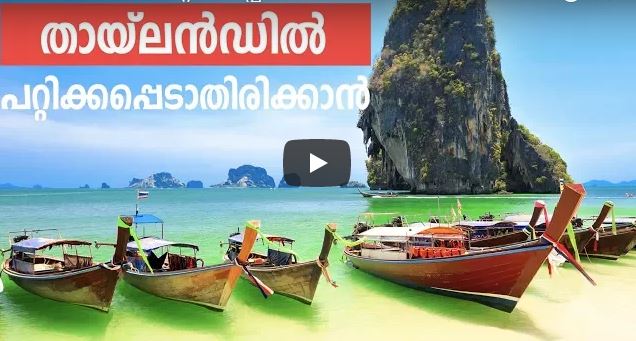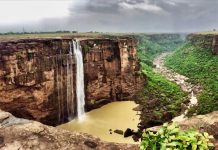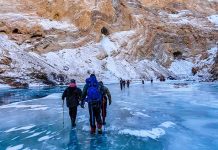How not to get cheated in Thailand?
Thailand officially the Kingdom of Thailand and formerly known as Siam, is a country at the centre of the Indochinese peninsula in Southeast Asia. With a total area of approximately 513,000 km2 (198,000 sq mi), Thailand is the world’s 50th-largest country. It is the 20th-most-populous country in the world, with around 69 million people.
How not to get cheated in Thailand?
Thailand is a constitutional monarchy and has switched between parliamentary democracy and military junta for decades, the latest coup being in May 2014 by the National Council for Peace and Order.
Its capital and most populous city is Bangkok. It is bordered to the north by Myanmar and Laos, to the east by Laos and Cambodia, to the south by the Gulf of Thailand and Malaysia, and to the west by the Andaman Sea and the southern extremity of Myanmar. Its maritime boundaries include Vietnam in the Gulf of Thailand to the southeast, and Indonesia and India on the Andaman Sea to the southwest.
The Thai economy is the world’s 20th largest by GDP at PPP and the 27th largest by nominal GDP. It became a newly industrialised country and a major exporter in the 1990s. Manufacturing, agriculture, and tourism are leading sectors of the economy. It is considered a middle power in the region and around the world.

Tourism makes up about 6% of the economy. Thailand was the most visited country in Southeast Asia in 2013, according to the World Tourism Organisation. Estimates of tourism receipts directly contributing to the Thai GDP of 12 trillion baht range from 9 percent (1 trillion baht) (2013) to 16 percent. When including the indirect effects of tourism, it is said to account for 20.2 percent (2.4 trillion baht) of Thailand’s GDP.
The Tourism Authority of Thailand (TAT) uses the slogan “Amazing Thailand” to promote Thailand internationally. In 2015, this was supplemented by a “Discover Thainess” campaign.
Asian tourists primarily visit Thailand for Bangkok and the historical, natural, and cultural sights in its vicinity. Western tourists not only visit Bangkok and surroundings, but in addition many travel to the southern beaches and islands. The north is the chief destination for trekking and adventure travelwith its diverse ethnic minority groups and forested mountains. The region hosting the fewest tourists is Isan in the northeast. To accommodate foreign visitors, the Thai government established a separate tourism police with offices in the major tourist areas and its own central emergency telephone number.

Prostitution in Thailand and sex tourism also form a de facto part of the economy. Campaigns promote Thailand as exotic to attract tourists. Cultural milieu combined with poverty and the lure of money have caused prostitution and sex tourism in particular to flourish in Thailand. One estimate published in 2003 placed the trade at US$4.3 billion per year or about 3% of the Thai economy. According to research by Chulalongkorn University on the Thai illegal economy, prostitution in Thailand in the period between 1993 and 1995, made up around 2.7% of the GDP. It is believed that at least 10% of tourist dollars are spent on the sex trade.

The head of Buddha, Wat Mahathat, at Ayutthaya Historical Park, World Heritage Site.
Thailand is at the forefront of the growing practice of sex-reassignment surgery (SRS). Statistic taken from 2014, illustrated the country’s medical tourism industry attracting over 2.5 million visitors per year.[84] In 1985–1990, only 5% of foreign transsexual patients visited Thailand for sex-reassignment surgery. In more recent years, 2010–2012, more than 90% of the visitors traveled to Thailand for SRS.



















